Building Skills with CIVIC SQUARE
▣ TYPE: Research / Report / Workshops
▨ CLIENT: CIVIC SQUARE
▤ KEY MATERIALS: Timber / Clay / Straw
▦ METHODOLOGY: Mapping / Interviews / Literature review / Workshops
▥ FACILITATORS: The Wood Shack / Dreadnought Tile and Ketley Brick Co / Pam Shor / Mykor
Building Skills, situates social and ecological possibilities for the retrofit of the Neighbourhood Public Square at CIVIC SQUARE site within the material and productive landscape in which it sits. The report focuses on the ecoregional mapping study of Birmingham and the West Midlands, and open learning collaborations between ourselves and CIVIC SQUARE such as Material Matter[s]: A Skills For Transition Learning Journey, highlighting key sites in the region that offer a variety of material opportunities to be explored together.
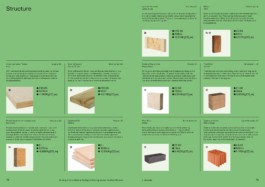
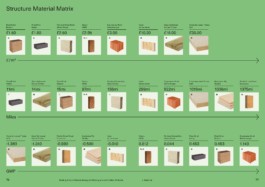
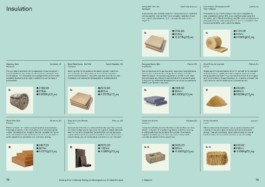

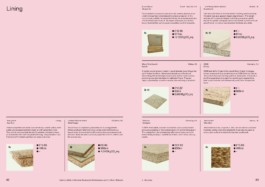
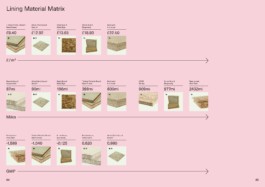
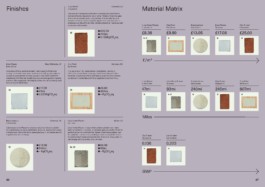
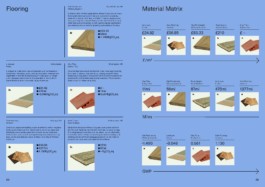
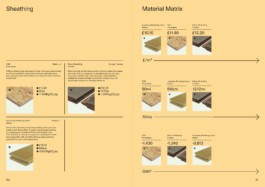
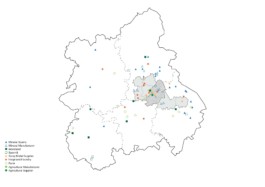
At CIVIC SQUARE the report and participatory learning journey's represent an essential next step in the design methodology of the Neighbourhood Public Square through nurturing literacy and capacities in the neighbourhood as well as surfacing existing wisdoms, mapping bio based materials, local manufacturers and processes for the site to embody and work towards social, ecological, and material justice in and beyond their neighbourhood.
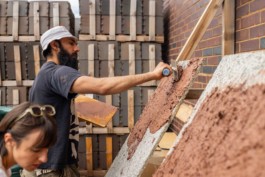
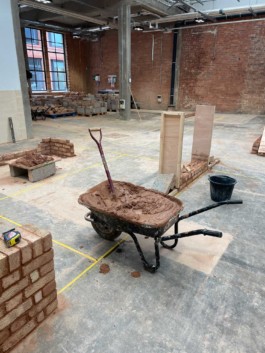
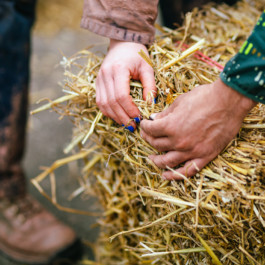
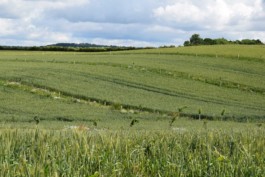
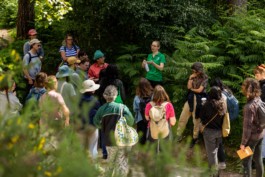
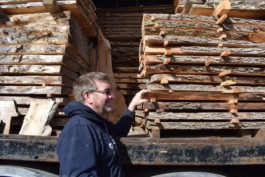
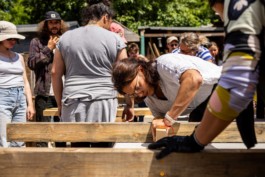
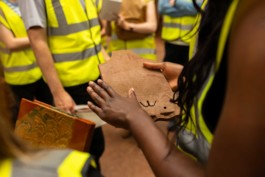
Photography by Paul Stringer and Angela Grabowska
This report examines the potential positive impacts of a bioregional construction economy, from improvements in biodiversity to an increase in construction jobs and security; building a case for redistributing the values of the construction industry towards a cleaner, sustainable methodology for growth that is beneficial to all. It can be viewed here.
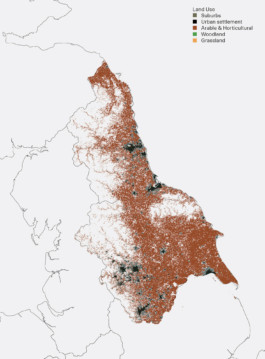
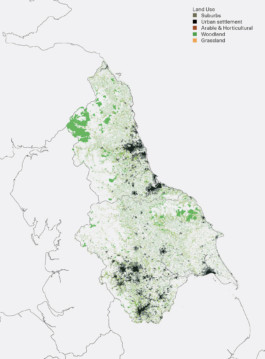
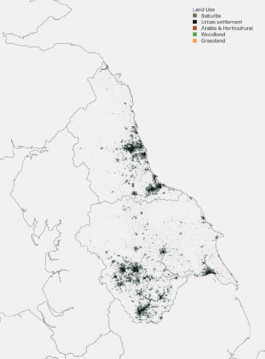
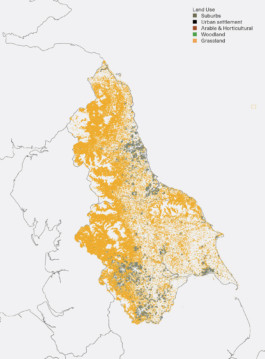
Arable land in the NEY
Woodland in the NEY
Settlement in the NEY
Grassland in the NEY
Until recently, little attention has been paid to the carbon impacts of the construction and refurbishing of buildings, with the majority of focus on their operational performance. Substituting carbon intensive technical materials with regenerative resources and materials from the biosphere, which absorb and store natural carbon, could have a significant impact on both the carbon footprint and economy of the UK.
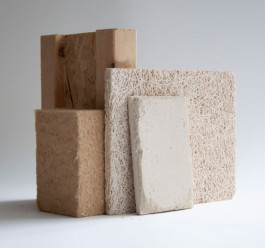
The built environment is responsible for almost 40% of global energy-related carbon emissions. If we intend to halt the progress of the climate and ecological breakdown, we must find new ways to design and to build.
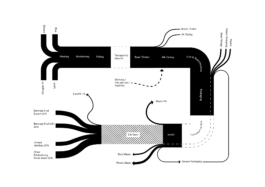
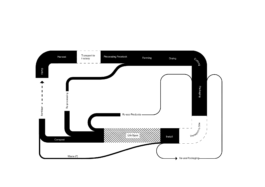
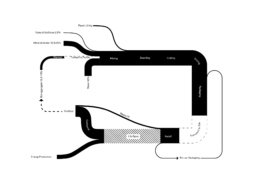
Timber supply chain
Hemp batt supply chain
Hemp-lime board supply chain
The North East and Yorkshire region is well positioned to lead the UK in this shift as it has much of the existing agricultural and industrial infrastructure required to make the change from carbon-intensive to biobased construction. To meet the growing housing need within the NEY region, over 500,000 new homes need to be built and 2.8 million homes retrofitted over the next 15 years.
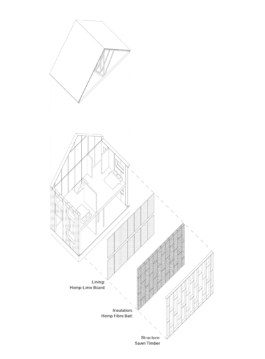
Building these new homes with biobased materials could save up to 2.88 megatonnes of CO2. A shift from current supply chains and methods to regionally grown and processed biobased construction in the delivery of these homes could generate up to £1.9 billion, with the gross value added to the economy reaching a potential £14.8 billion.
E info@materialcultures.org
T 07707592097
E info@materialcultures.org
T 02030626832